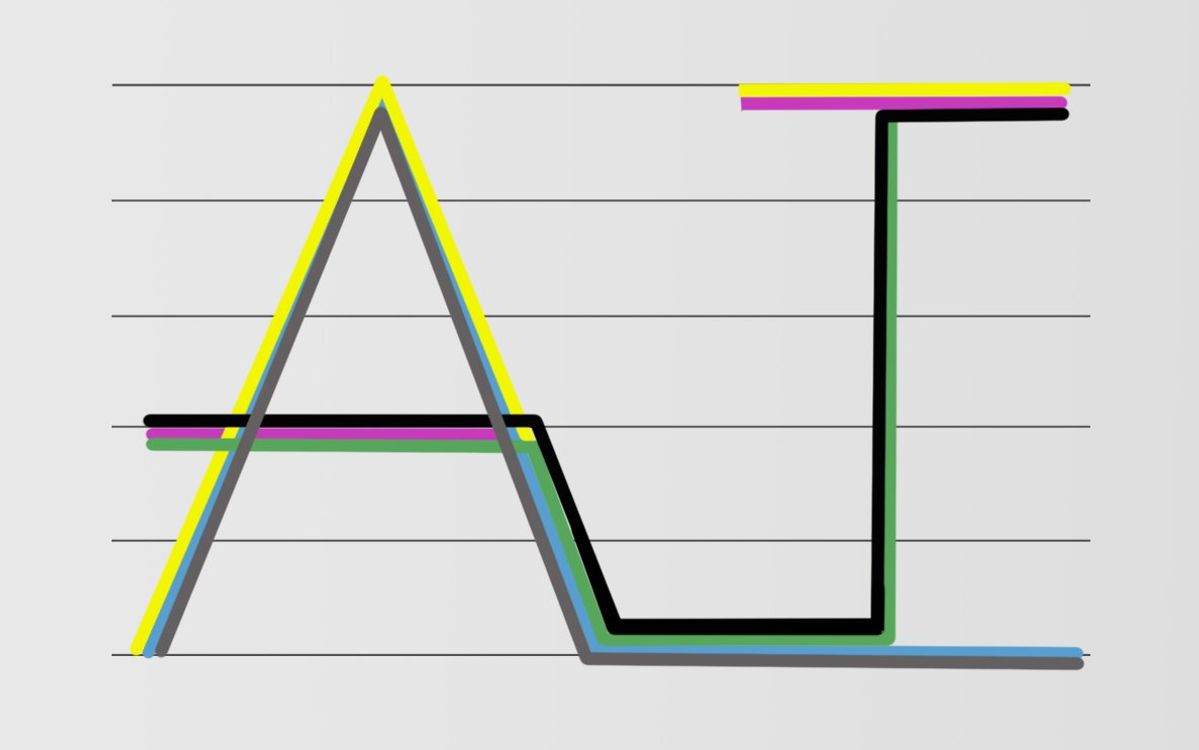Last week, the Raleigh, North Carolina News & Observer ran a story about sheriffs in North Carolina requesting access to the state's computerized records that identify "anyone with prescriptions for powerful painkillers and other controlled substances."
Several states have such databases.
The News & Observer says that the North Carolina Sheriffs' Association is pushing hard for the access, "saying the move would help them make drug arrests and curb a growing problem of prescription drug abuse."
The News & Observer notes that:
"Nearly 30 percent of state residents received at least one prescription for a controlled substance, anything from Ambien to OxyContin, in the first six months of this year, according to the state Department of Health and Human Services. Nearly 2.5 million people filled prescriptions in that time for more than 375 million doses. The database has about 53.5 million prescriptions in it."
Privacy advocates are not happy with the suggestion, which was made originally in 2007 when the state database was put into operation, and vow to fight against it again.
The intent of the database, the News & Observer says, is "to help doctors identify patients who go from doctor to doctor looking for prescription drugs they may not need, and to keep pharmacists from supplying patients with too many pills. But only about 20 percent of the state's doctors have registered to use the information, and only 10 percent of the pharmacies are registered."
What will be interesting to see is what happens when interoperable electronic medical records are put into place throughout North Carolina. It won't require a big leap of logic for the state legislature to require EHRs to be data mined for prescription drug data to accomplish the same goals of the current state prescription database. In addition, it will be fairly straightforward to analyze that information to determine which patients are doctor hopping to get unneeded drug prescriptions, with automatic, government generated alerts of those folks sent to doctors across the sate.
When that type of information becomes readily available in North Carolina (and elsewhere), how long will it be before such alerts are routinely sent to law enforcement as well?
Robert N. Charette is a Contributing Editor to IEEE Spectrum and an acknowledged international authority on information technology and systems risk management. A self-described “risk ecologist,” he is interested in the intersections of business, political, technological, and societal risks. Charette is an award-winning author of multiple books and numerous articles on the subjects of risk management, project and program management, innovation, and entrepreneurship. A Life Senior Member of the IEEE, Charette was a recipient of the IEEE Computer Society’s Golden Core Award in 2008.



